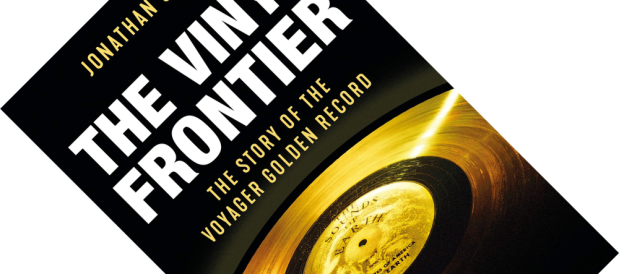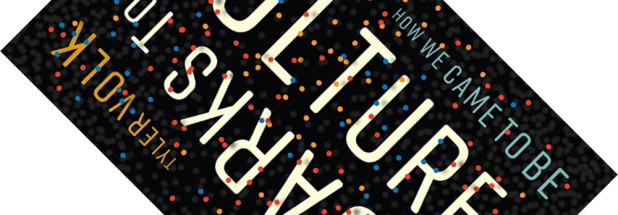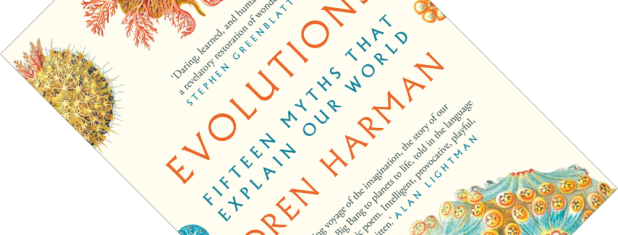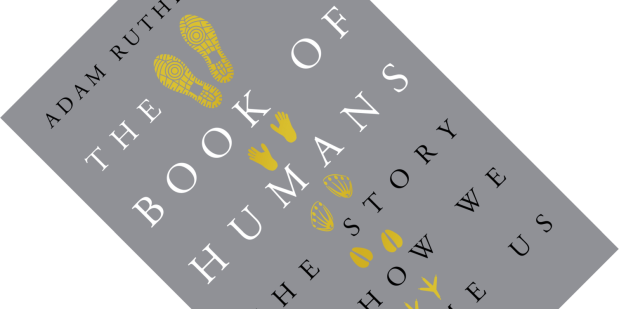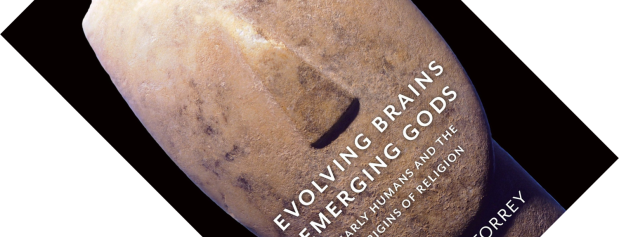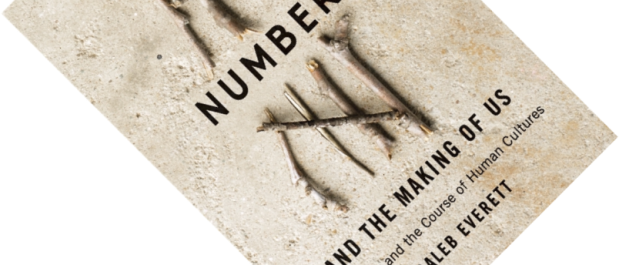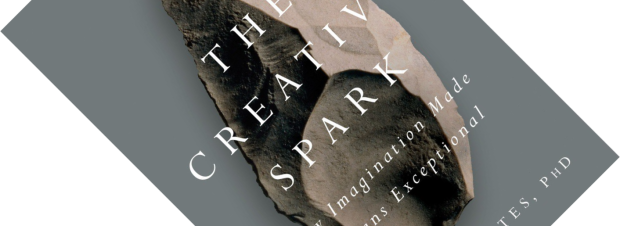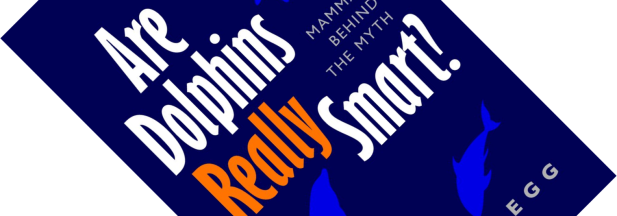What an appropriately punny title. Indeed, the Voyager Golden Records have boldly gone where no records have gone before. A record with images, spoken greetings, everyday sounds, and classical, contemporary and world music intended as an interstellar hello. Writer, record collector, and self-professed astronomy geek Jonathan Scott here tells the story of one of the most unusual human artefacts to have ever been sent into deep space.
language
Book review – The Goodness Paradox: How Evolution Made Us More and Less Violent
Humans. How is it that you can herd 200 of them into an aeroplane without a riot erupting, while they also commit unspeakable atrocities such as torture, genocide, and war? Anthropologist Richard Wrangham calls it the goodness paradox. In this well-reasoned book, he surveys research from a range of disciplines to try and answer why humans show this odd combination of intense calm in normal social interactions and a ready willingness to kill under certain other circumstances.
Book review – Quarks to Culture: How We Came to Be
How did we get here? It’s a simple question, but as all parents will affirm, the simplest questions can have the most complicated answers. With Quarks to Culture, Tyler Volk, a professor in biology and environmental studies, looks at our human culture and goes all the way back to the beginning (yes, the very beginning) to ask: “Is there a pattern here?”. What follows is a book that should be taken as a spirited thought experiment.
Book review – Evolutions: Fifteen Myths That Explain Our World
Communicating the complexities and abstractions of scientific findings is not easy. Anyone who has ever slogged through yet another dense paper or muddled presentation will acknowledge this. Our universe, it seems, cares not for the human quest of understanding it. One of the things, then, that makes popular science books such a treat is that they infuse scientific findings and speculation with a certain lyricism and good storytelling. This is why we flock to authors such as Nick Lane, Richard Dawkins, Richard Fortey, and many others besides. This is why Richard Feynman and Carl Sagan remain household names decades after their death. The latter’s Pale Blue Dot segment still gives me goosebumps. With Evolutions: Fifteen Myths That Explain Our World, science historian Oren Harman boldly turns the concept on its head: rather than bringing poetic flair to a pop-science book, he brings scientific flair to an epic poem.
Book review – The Book of Humans: The Story of How We Became Us
Historically, humans have long considered themselves special compared to the natural world around them. It shows, for example, in old depictions where humans are at or near the top of a chain of lifeforms, with only angels and gods above us. Darwin caused a tremendous ruckus by saying we were descended from primates, and evolutionary biology has since had a long history of diminishing our anthropocentric worldview. With The Book of Humans, self-professed science geek Adam Rutherford has written an entertaining exploration of human evolution, showing that, amidst the teeming multitudes of lifeforms surrounding us, we are really not that special. And yet we are.
Book review – Evolving Brains, Emerging Gods: Early Humans and the Origins of Religion
As mentioned previously in my review of Barbara King’s Evolving God, religion is a pervasive phenomenon, and many scholars have put forward explanations of how, when, and why it arose. The arguments King put forth did not convince me that religion is anything more than a by-product of our evolution. Apparently, so did Darwin. Though believers often like to point out Darwin was a Christian too, he struggled to reconcile the two and ultimately lost his faith. American psychiatrist E. Fuller Torrey gracefully acknowledges this intellectual heritage and here updates this idea, putting forth the convincing argument that religion arose as a by-product of brain evolution.
Book review – Numbers and the Making of Us: Counting and the Course of Human Cultures
What makes us human? Various authors have dished out various reasons in recently published books. From culture to cooking to creativity (see Fuentes’s The Creative Spark I reviewed previously). Caleb Everett, a professor of linguistic anthropology, here makes the point that the invention of numbers, which could be considered another instance of human creativity at work, has been an instrumental tool in allowing humans to transform the world. Without them, quantities exist, but we have only a vague awareness of them.
Book review – The Creative Spark: How Imagination Made Humans Exceptional
With his new book, The Creative Spark, Agustín Fuentes, a primatologist and anthropologist currently at the University of Notre Dame in Indiana, boldly puts forth the idea that what makes humans special is creativity. The ability of humans to switch back and forth between considering what is, and dreaming of what might be, and to then put these thoughts into actions (often collaboratively), has brought us a very long way from our primate origins to the tool-wielding, world-shaping force of nature of today. Along the way, Fuentes wants to do away with some of the dominant narratives regarding human evolution today, or rather, he thinks most of them oversimplify things and lead to distortions in our thinking. Instead, he presents a new synthesis that places creativity front and centre stage as being the most important mechanism that helped us overcome challenges.
Book review – Are Dolphins Really Smart? The Mammal Behind the Myth
Based on the book’s title I was expecting a myth-busting pop-science book. There is some of that, but this book is foremost a very thorough and in-depth literature review of decades worth of research on dolphins to give an as dispassionate and impartial analysis as possible of what the science is, or is not, telling us about dolphin intelligence.

